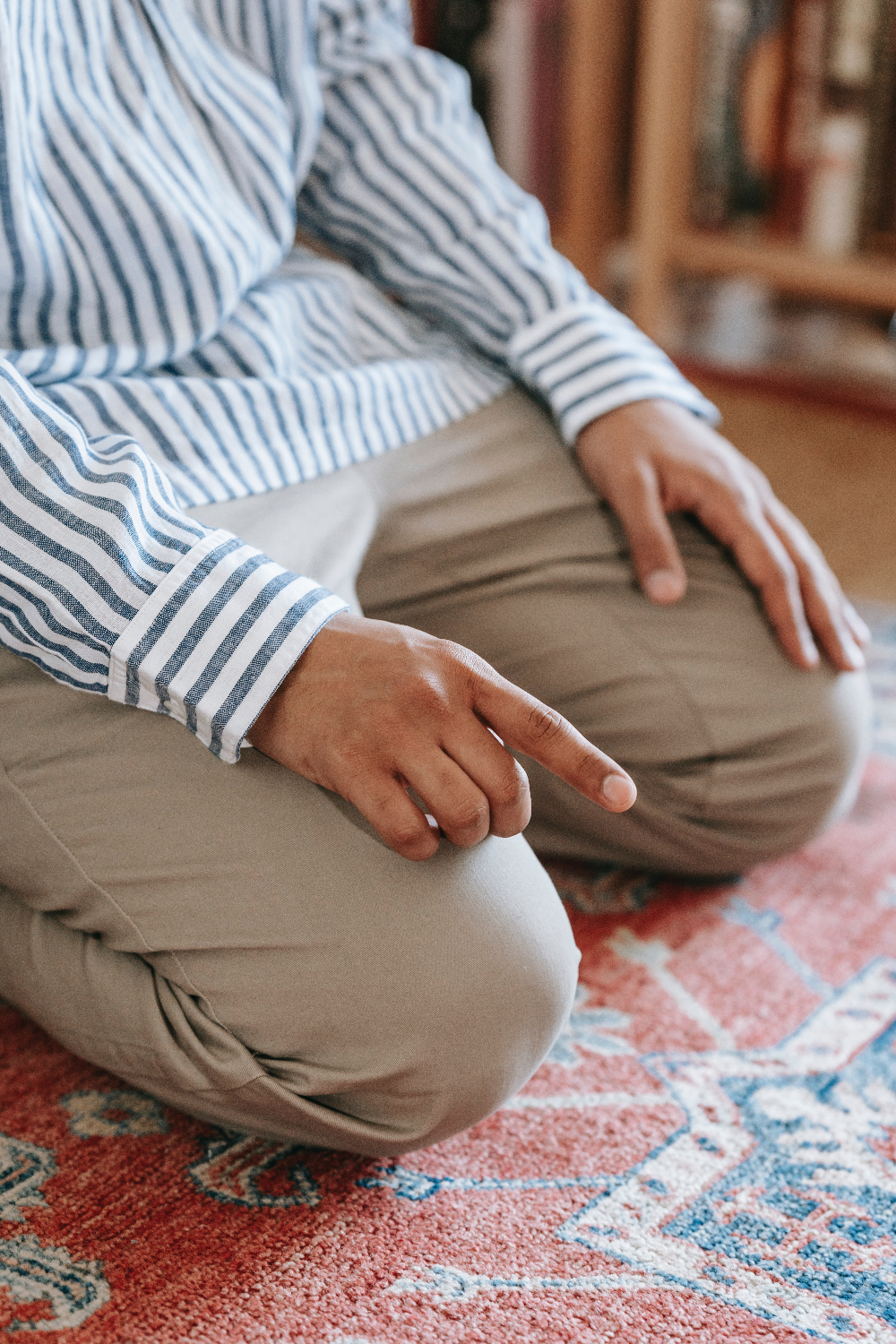East Indian Muslims face unique mental health challenges and need culturally competent providers.
A recent study conducted by the Department of Psychiatry at the All India Institute of Medical Sciences (AIIMS) in Delhi has found that the mental health of Muslims in India should be viewed through a different lens than the general population. The study found that Muslims in India experience higher levels of psychological distress and are more likely to develop mental health issues due to the unique challenges they face.
One major factor contributing to the psychological distress faced by Muslims in India is the widespread discrimination and communal violence that they experience. Muslims in India often face negative stereotypes and discrimination based on their religion, which can have a significant impact on their psychological well-being. The communal violence that has occurred in India in recent years has also had a negative effect on the mental health of Muslims, as they are often targeted and victimized.
“During the pandemic, mistrust had peaked because the pandemic took place right after the Shaheen Bagh movement and the riots in Delhi. These events exacerbated the mistrust between the communities and this then reflected in how they reached out and accessed healthcare,” said Pooja Priyamvada, a mental health researcher and suicide prevention activist based in New Delhi.

In addition to discrimination and violence, Muslims in India also face other challenges that can negatively impact their mental health, such as social isolation, poverty, and limited access to healthcare. These factors can contribute to the development of health issues and make it more difficult for Muslims to access the care they need.
The authors of the study suggest that mental health services in India should consider the unique challenges faced by Muslims in order to effectively address their needs. This may involve creating culturally sensitive services and addressing the specific issues and traumas that Muslims in India face. It is important for Muslims to have access to providers who understand and respect their cultural and religious beliefs. This may include hiring providers who are familiar with Islamic cultural norms and practices, or providing cultural competency training to existing providers.
In addition to the AIIMS study, other research has also highlighted the unique mental health challenges faced by Muslims in India. A 2018 study published in the Journal of Family Medicine and Primary Care found that Muslims in India have higher rates of depression, anxiety, and stress compared to the general population. Another study published in the Journal of Global Health in 2019 found that Muslims in India are more likely to experience issues due to discrimination, social isolation, and poverty. In a research paper published in the Journal of Health Sciences, it was found that Muslims were at a higher risk of anxiety in India compared to Hindus. The study also found that factors like “age, education, media exposure, and gender “are significantly associated with mental health problems.
It is important to recognize that the psychological distress of Muslims in India is different from that of the general population and requires a different approach. By acknowledging the specific challenges faced by Muslims and working to address them, it is possible to improve promote overall well-being.
Sources:
The ‘othering’ of Muslims is triggering mental health issues in India
Burnout and depression among medical residents in the United Arab Emirates
Study Says A New Lens Is Needed to Look at Mental Health of Indian Muslims


Join the conversation!